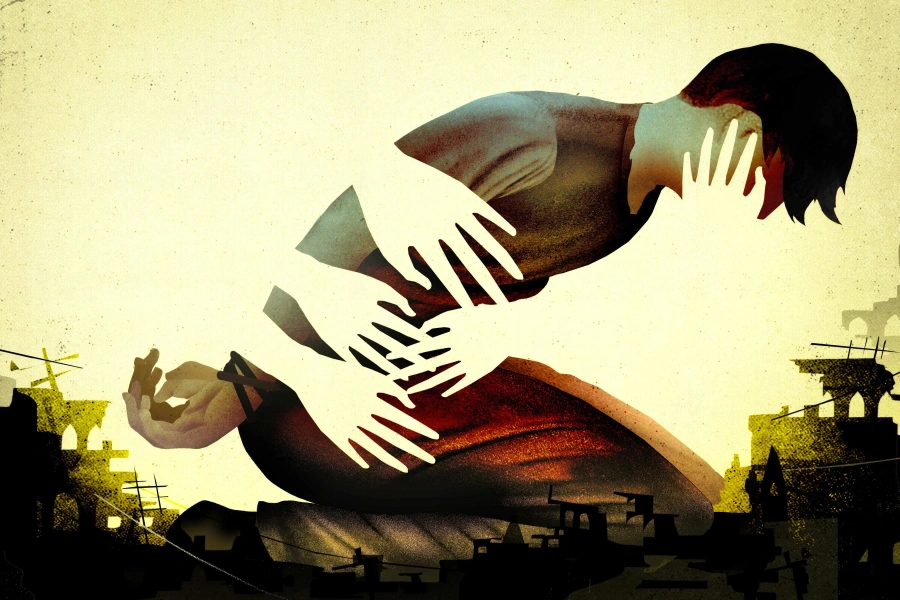KATHMANDU, July 18: The accused in most corruption cases registered at the Special Court have been acquitted due to weak evidence and investigation by the Commision for the Investigation of Abuse of Authority (CIAA). Last year, out of 331 cases decided by the Special Court in Kathmandu, 268 accused were given a clean chit. As many as 41 cases were adjudicated, 25 cases were partially adjudicated and one case has been adjourned. According to the Special Court, the accused were acquitted in most cases registered due to poor investigation and prosecution.
Out of the 30 cases of fake certificates registered by the CIAA, the accused in five cases were acquitted while 25 were convicted. Among the cases registered, most adjudicated cases are related to fake certificates. Apart from that, the accused in most cases were acquitted in bribery cases. Out of 259 cases decided last year, 240 defendants were acquitted. Bribery cases are mostly related to government employees. The CIAA has been prosecuting people who have been arrested for taking bribes from service seekers under various pretexts. The Special Court acquits the accused in those small-scale cases.
Corruption on the rise in Nepal

Five cases related to illegal property were decided by the Special Court. Of them, the accused in three cases were acquitted and two were partially adjudicated. Out of the two cases of money laundering, one was decided guilty and one was acquitted.
The Special Court has accepted that it is not working as per the expectations of the people. Chairman of the court and Judge Shree Kant Paudel said that he felt that the work could not be done as expected by the people. “But the Special Court also has its merits,” he said. He said that everyone should take responsibility for the matters that have come into dispute with the judiciary.
Ashok Chettri, registrar of the Special Court, said that due to the impact of the Covid-19 pandemic, the work plan of the court has been affected due to the adjournment and contractions of services. According to him, the non-appointment of a judge for eight months had an effect on the delivery of justice. He said that online service has also been implemented so that people can get dates from courts all over the country.
Established in 2059 BS, the Special Court has jurisdiction over cases of corruption, money laundering, from initial proceedings to disposal.






































